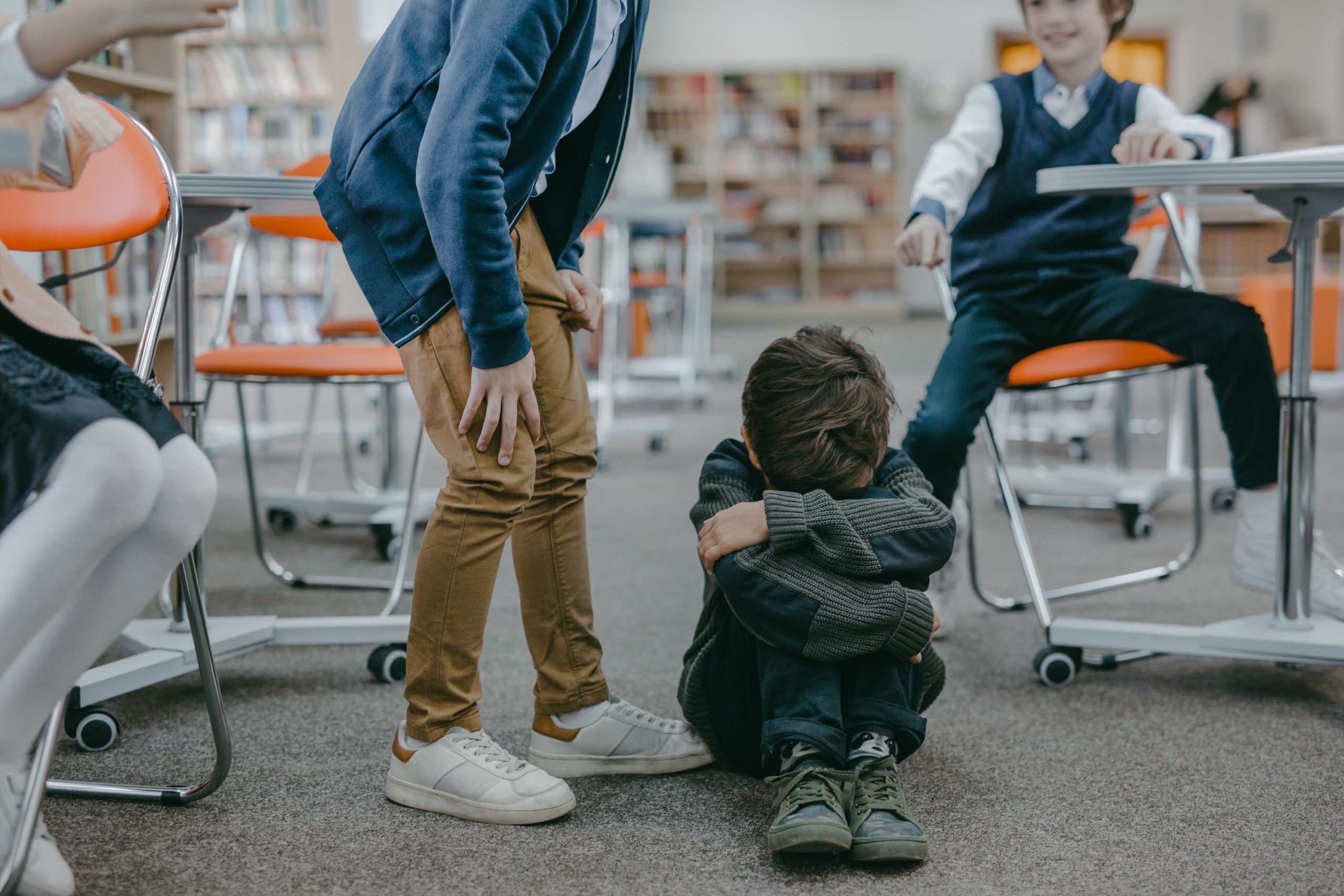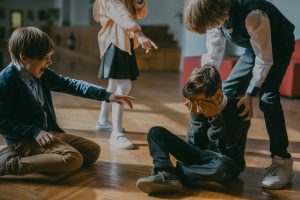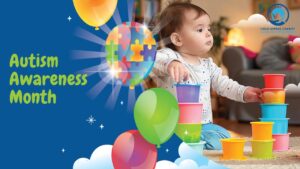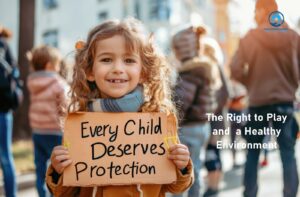child protection from racism
Societies carry many negative habits that are passed down through generations. Despite the many important values and beliefs that build the society and its continuity, it often imprints customs, beliefs, and stereotypes that have molded society and made everything different “outcaste” this makes child protection from racism even harder.
Racism is often referred to as America, which was the icon of racial discrimination between black and white people, knowing that no one determines his shape, color, and race…
There is no doubt that racism has many aspects and forms, affecting both the old and the small. But how does it affect children who have weak personalities?
In a study that presented the risk of racism to children, researchers asked children if they had been exposed to any form of racism, and the result was that 50% of them answered yes.
The study found that children who were exposed to racism were at greater risk of depression, anxiety, oppositional behavior, and many mental health and behavior problems.
Is bias a learned behavior?
The experiment of “Albert Bandura – the Bobo doll” gives us the answer. The American psychologist “Bandura” completed a study on children to measure their ability to be affected by the environment surrounding them from the family, school, and society.
The study showed that children learn by observing and interacting with others. The study concluded that racism is a learned behavior from others around the child.
How to reduce the psychological effects of racism on children?
Home is the first school for children and has a major role in creating and preparing a strong child who can accept differences and mitigate the psychological impact of racism that he may be exposed to. Therefore, parents can build a sense of identity for children by talking to them about the racial and ethnic background of their families.
At school, the teacher helps create a culture of acceptance among the children by encouraging students to talk about their cultures and origins.
Check out our Child Protection Program







